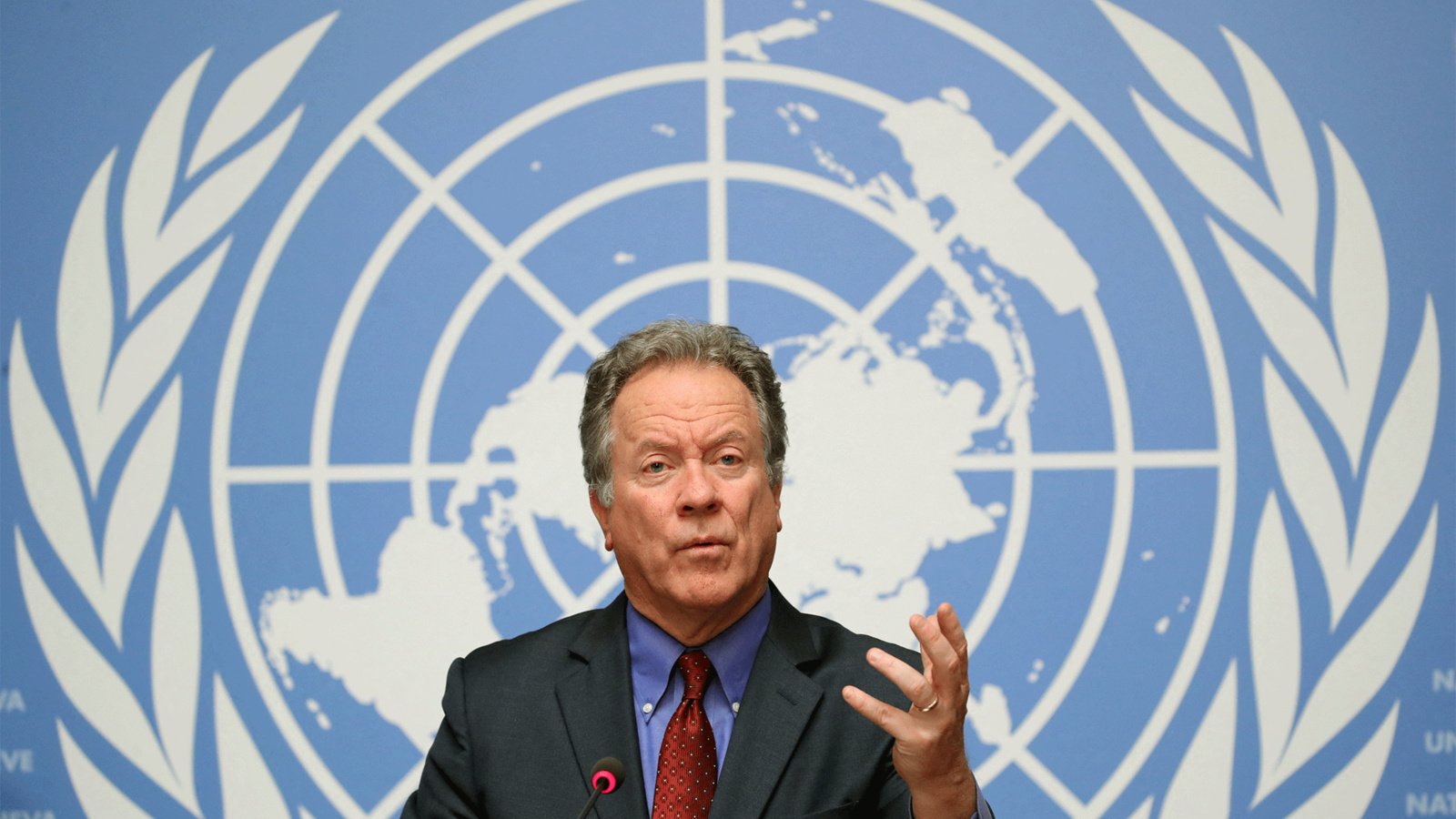David beasley world food program, The world President of Russia Vladimir Putin is using a new strategy to try to blackmail the world with food as the war in Ukraine drags on.
Putin is using the threat of starvation in developing countries that rely on imports as a means of requesting an easing of sanctions by obstructing the export of Ukraine’s enormous grain harvest to international markets by enforcing a blockade of its Black Sea ports, david beasley world food program
.
The best way to confront this extortion without starving the Worldwide
South — without a trace of fruitful measures to lift the barricade — is to save food assets from somewhere else. I list the top five ways to free up food and confront Putin in a new report that I wrote for the pro-science environmental organization RePlanet.
1. Lift the blockade Demanding that Putin lift the blockade so that Ukraine’s grain can be exported is the first and most important thing. David Beasley, the director of the World Food Programme, has stated: This moment, Ukraine’s grain storehouses are full. 44 million people worldwide are advancing toward starvation at the same time. In order to permit the movement of food into and out of Ukraine, we must open these ports. The use of starvation as a military strategy is a war crime, and the entire world needs to condemn it and band together to demand that Putin opens the ports.
2. Stop using bread as a feedstock for liquid biofuels in cars. These fills were initially expected to be “sustainable” and low-carbon, yet proof presently proposes their environment effect really might be more awful than petroleum derivatives. We at RePlanet estimate that stopping the conversion of European wheat into ethanol for automobiles and trucks could substitute for about a fifth (20%) of Ukraine’s total wheat exports. This is food that could be taking care of the Worldwide South, but is being wrecked by rich Europeans in their SUVs. As the leaders of the UK and Germany are now requesting, this can and should be stopped immediately.
3. Reduce your intake of meat to less than a third of Europe’s cereals. The world is moving away from this wasteful use of resources with alternative proteins and precision fermentation. Changing to a diet based on plants can help you feel better and save a lot of land and food. Assuming the normal European decreased their meat utilization by half we compute that 80 million tons of grains would be saved, undeniably more than the 55 million tons of Ukraine’s pre-war grain trades.
4. Eliminate genetic restrictions on crop breeding Europe’s illogical prohibitions on transgenics and gene editing technologies have resulted in significant productivity losses. As a result, more of Europe’s food and feed must be imported from other countries, driving up commodity prices and denying the world’s poor access to food. A worldwide meta-examination has shown that the normal yield advantages of only the original of hereditarily designed crops were 22%, with the advantages most grounded in emerging nations. A yield increase of just 20% applied to grain production in Europe would result in harvests rising by 55 million tonnes, or the same amount as Ukraine’s exports prior to the war.
5. Cancel the organic switch The EU’s new Farm to Fork strategy requires that 25% of Europe’s farmland be used for organic farming by 2030, up from 7.5% currently. Due to the decrease in synthetic pesticides and fertilizers, this may actually be better for wildlife on farms. But organic farms lose a lot of productivity compared to conventional farms, on average by about 40%, without fertilizer and reliable ways to get rid of pests. Since food should come from some place, this implies more natural will raise imports, coming down on costs and prompting land leeway and biodiversity misfortune somewhere else. We estimate that switching to 25% organic production would result in a 20 million-ton reduction in grain production in Europe for all cereals taken together.
In conclusion
when all of these measures are taken together, grain could easily account for more than Russia and Ukraine’s combined exports. The world would have a huge surplus of food and ample space for rewilding and carbon sequestration if the United States and Brazil adopted these strategies as well.
In any case, assuming that Europe keeps on getting away from logical proof in its approach decisions on food and cultivating, the outcome will be more terrible for the environment, for biodiversity, and the world’s poor. Additionally, it will impede any efforts to resist Russian aggression in Ukraine without putting the world’s poorest nations at risk of widespread famine. Europe must and can perform better.
